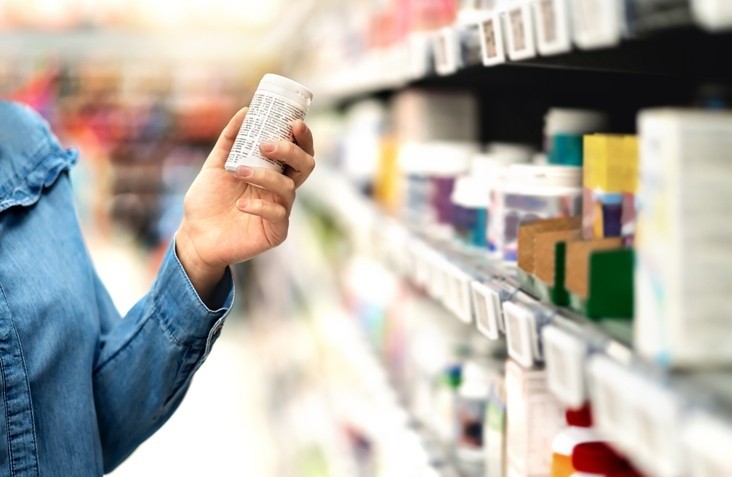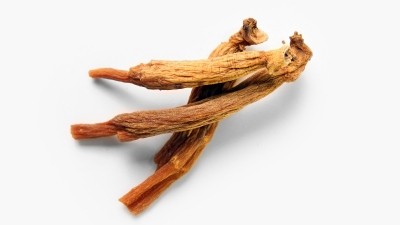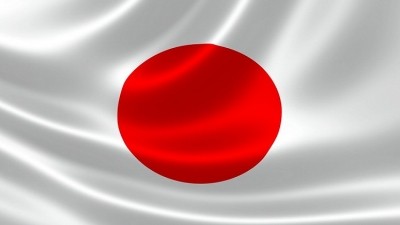Healthy ageing impact: Country-of-origin labelling mandated for more supplements sold in South Korea

The requirement came into effect from February 2, but a transition period is given to companies until December 31 this year, according to an announcement by the Ministry of Agriculture, Food, and Rural Affairs (MAFRA).
The requirement, which comes under the “Guidelines for Country-of-Origin Labelling of Agricultural and Fishery Products”, will apply to a total of 13 items.
One of which is nutrition supplement for the elderly. This refers to products that are manufactured or processed by adjusting and blending nutritional components to provide a balanced supply of necessary nutrients to seniors aged 65 and above.
These supplements include those that come in the form of liquid, gel, powder, and granules.
The country-of-origin will need to be stated for the three raw materials that make up the bulk of the product formulation.
“The country of origin for the raw materials up to the third rank must be indicated according to the mixing ratio. The country of origin and the mixing ratio for each shall be indicated,” said the announcement.
The labelling requirement is also applicable to health supplements containing the following six functional ingredients.
They are 1) gamma-linolenic acid derived from evening primrose seed, borage seed, and blackcurrant seed, 2) lesinia cambogia extract derived from garcinia cambogia fruit peel, 3) marigold flower extract from the Tagetes erecta flower, 4) saw palmetto fruit extract from the Serenoa repens fruit, 5) phosphatidylserine from soy lecithin, and 6) raffinose from the root of sugar beet, Beta vulgaris var. saccharifera.
Regulatory consultant, Dr. Frank Kim, founder of South Korea-based Seah Bio Solutions, pointed out that many of the products singled out were highly popular among consumers.
At the same time, some companies might be reconsidering the countries in which they source their ingredients from, especially if they have been mostly sourcing from China or Japan.
"Very generally speaking, the Korean consumers do not want to try the Chinese and Japanese origin products, this is a consumer behaviour [that I have observed]," he said.
The reasons include food safety problems that have been associated with China-origin products and widely reported in the mass media, as well as concerns about radiation and its effects on food following the 2011 Fukushima nuclear disaster.
At the moment, the country-of-origin labelling policy is already applicable to formulated milk for infants, toddlers, young children, pregnant /lactating women, as well as 45 other raw materials used in Health Functional Foods (HFF), including ginseng, green tea extract, whole aloe leaf, propolis extract.
Aside from the above, the requirement is also applicable to six other processed agricultural food products this time round, including packaged meat and processed insect foods, such as edible insect dry powder.
A fine of up to 10 million won (US$7.9k) will be imposed if companies failed to meet the country-of-origin labelling requirement.
The rationale
These 13 items were selected as the country has been consuming more of these products, the MAFRA explained.
“The items added through this notice revision…are of high consumer interest and consumption due to the increase in single-person households and changes in the consumption environment,” it said in the announcement.
“The expansion of the country-of-origin labelling reflects the consumer’s demand for country-of-origin information as the distribution and consumption environment is rapidly changing. We will try to create a healthy distribution and consumption environment,” Kim Jong-gu, director general at MAFRA also said via the announcement.
Dr. Kim added that the government was trying to protect consumer safety through this initiative.
“The government defines Country of origin indication refers to indicating in which country the imported goods were grown, bred, manufactured, or processed in order to establish a fair-trade order and protect producers and consumers,” he said.
Citing official data, MAFRA pointed out that the domestic HFF sales were up 80 per cent between 2017 and 2021 to hit 4.321 trillion won (US$3.4bn).
Latest import data also showed that the country’s import of health supplements and functional ingredients was up 20 per cent between 2021 and 2022.


















